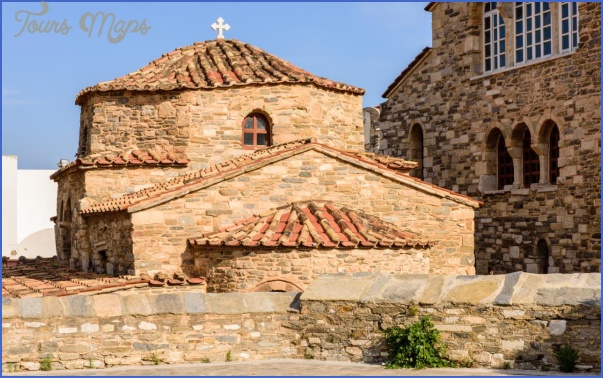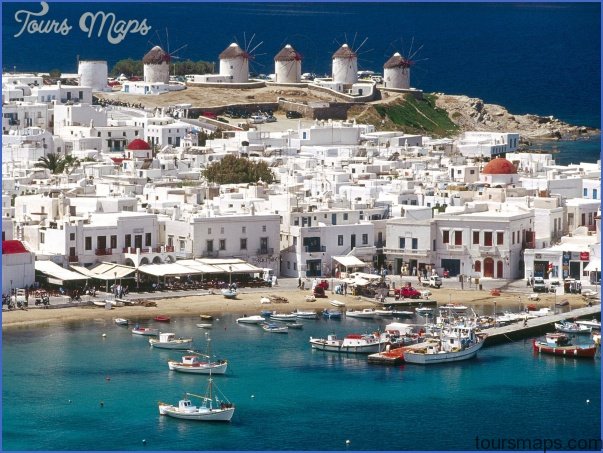ACCOMMODATIONS AND CAMPING
ACCOMMODATIONS under‚10 ‚10-25 ‚26-40 ‚41-70 over ‚70
Lodgings in Greece are a bargain. Tourist offices usually maintain lists of inexpensive accommodations. A bed in a hostel averages around ‚7. Those not currently endorsed by HI are in most cases still safe and reputable. In many areas, domatia (rooms to let) are an attractive and perfectly dependable option. Often you’ll be approached by locals as you enter town or disembark from your boat, a practice that is common, but theoretically illegal. Prices vary; expect to pay ‚12-20 for a single and ‚25-35 for a double. Always negotiate with domatia owners before settling a price, and never pay more than you would for a hotel in town. If in doubt, ask the tourist police; they may set you up with a room and conduct the negotiations themselves. Hotel prices are regulated, but proprietors may try to push you to take the most expensive room. Budget hotels start at ‚15 for singles and ‚25 for doubles. Check your bill carefully, and threaten to contact the tourist police if you think you are being cheated. Greece hosts plenty of official campgrounds, which run about ‚4.50 per person, plus ‚3 per tent. Discreet freelance camping on beaches though illegal is common in July and August but may not be the safest way to spend the night.
FOOD AND DRINK
FOOD under ‚5 ‚5-10 ‚11-15 ‚16-25 over ‚25
Penny-pinching carnivores will thank Zeus for lamb, chicken, or beef souvlaki, stuffed into a pita to make gyros (yee-RO). Vegetarians can also eat their fill on the cheap, with horiatiki (Greek salad) and savory pastries like tiropita (cheese pie) and spanakopita (spinach and feta pie). Frothy, iced coffeefrappes take the edge off the summer heat. Ouzo, a powerful, licorice-flavored spirit, is served with mezedes, which are snacks of octopus, cheese, and sausage.
Breakfast, served only in the early morning, is generally very simple: A piece of toast with marmelada or a pastry. Lunch, a hearty and leisurely meal, can begin as early as noon but is more likely eaten sometime between 2 and 5pm. Dinner is a drawn-out, relaxed affair served late. A Greek restaurant is known as a tavema or estiatorio; a grill is a psistaria. Many restaurants don’t offer printed menus.
HOLIDAYS AND FESTIVALS
Holidays: Feast of St. BasilNew Year’s Day (Jan. 1); Epiphany (Jan. 6); 1st Monday in Lent (Feb. 23); Greek Independence Day (Mar. 25); Easter (Apr. 11); St. George’s Day (Apr. 23); Labor Day (May 1); Ascension (May 20); Pentecost (May 30); Feast of the Assumption of the Virgin Mary (Aug. 15); The Virgin Mary’s Birthday (Sept. 8); Feast of St. Demetrius (Oct. 26); Ohi Day (Oct. 28); Christmas Day (Dec. 25).
Festivals: Three weeks of Carnival feasting and dancing (starting Feb. 2) precede Lenten fasting. April 23 is St. George’s Day, when Greece honors the dragon-slaying knight with horse races, wrestling matches, and dances. The Feast of St. Demetrius (Oct. 26) is celebrated with particular enthusiasm in Thessaloniki.
Greece Travel Destinations Photo Gallery
Maybe You Like Them Too
- Arnold A Town with a Heart
- The Best Cities To Visit in The World
- World’s 10 Best Places To Visit
- Map of New York City – New York City Guide And Statistics
- Map of San Francisco – San Francisco Map Free






